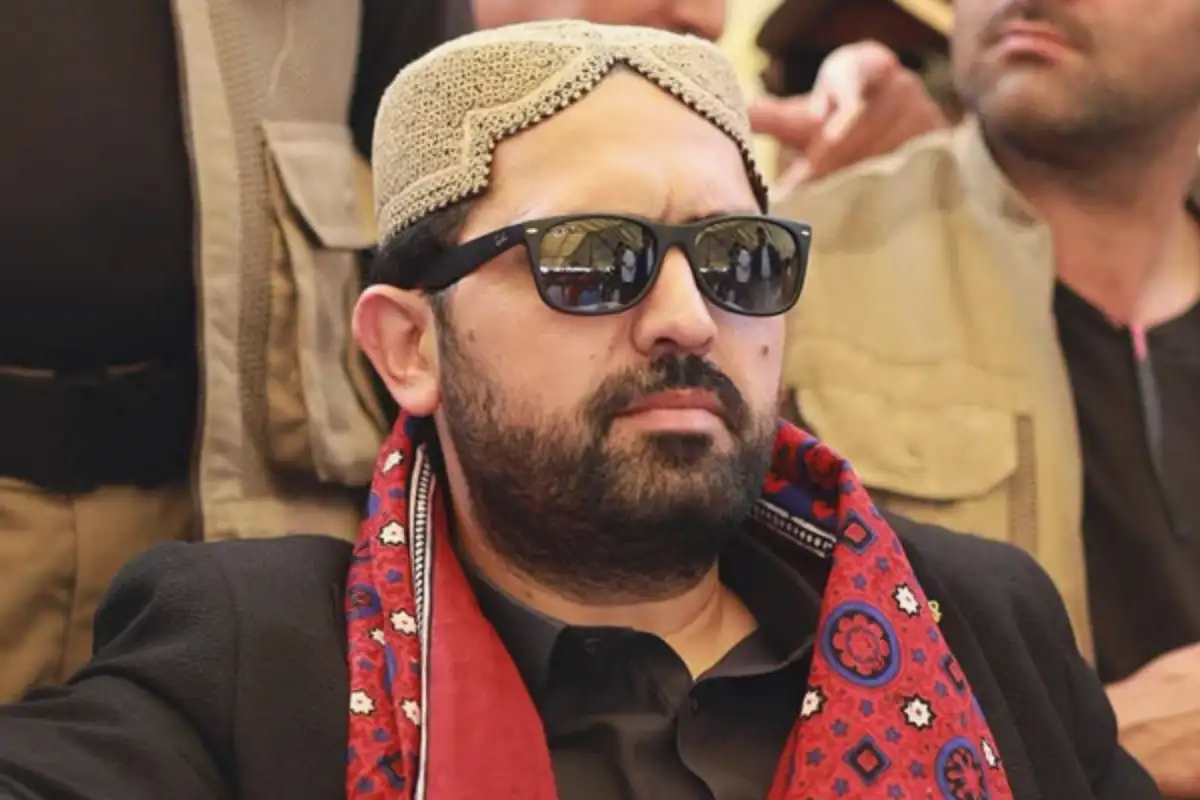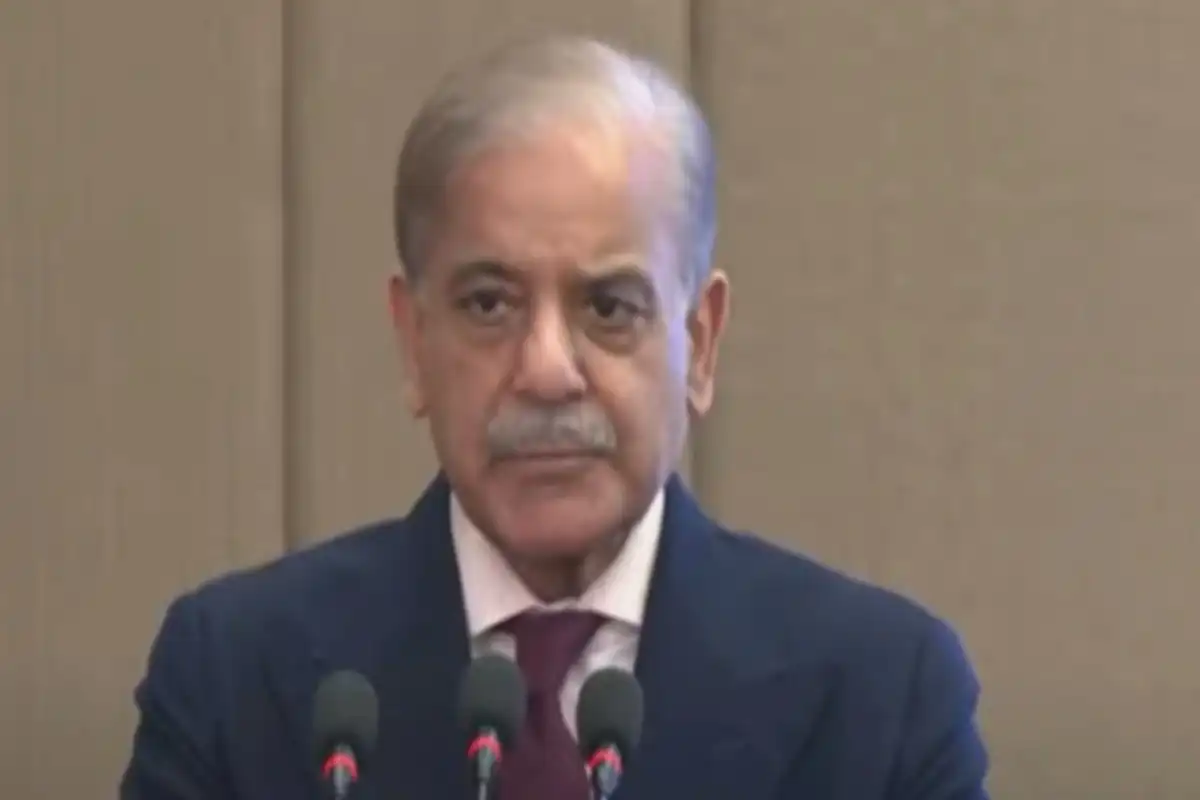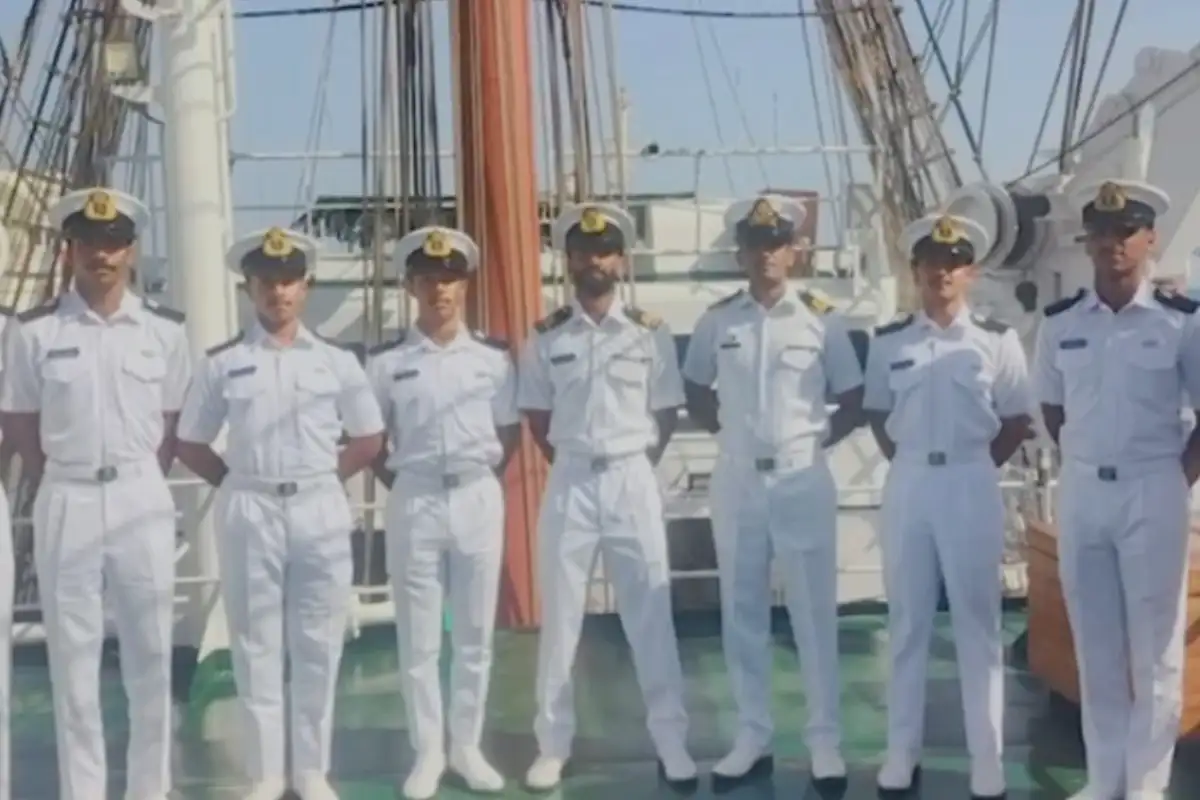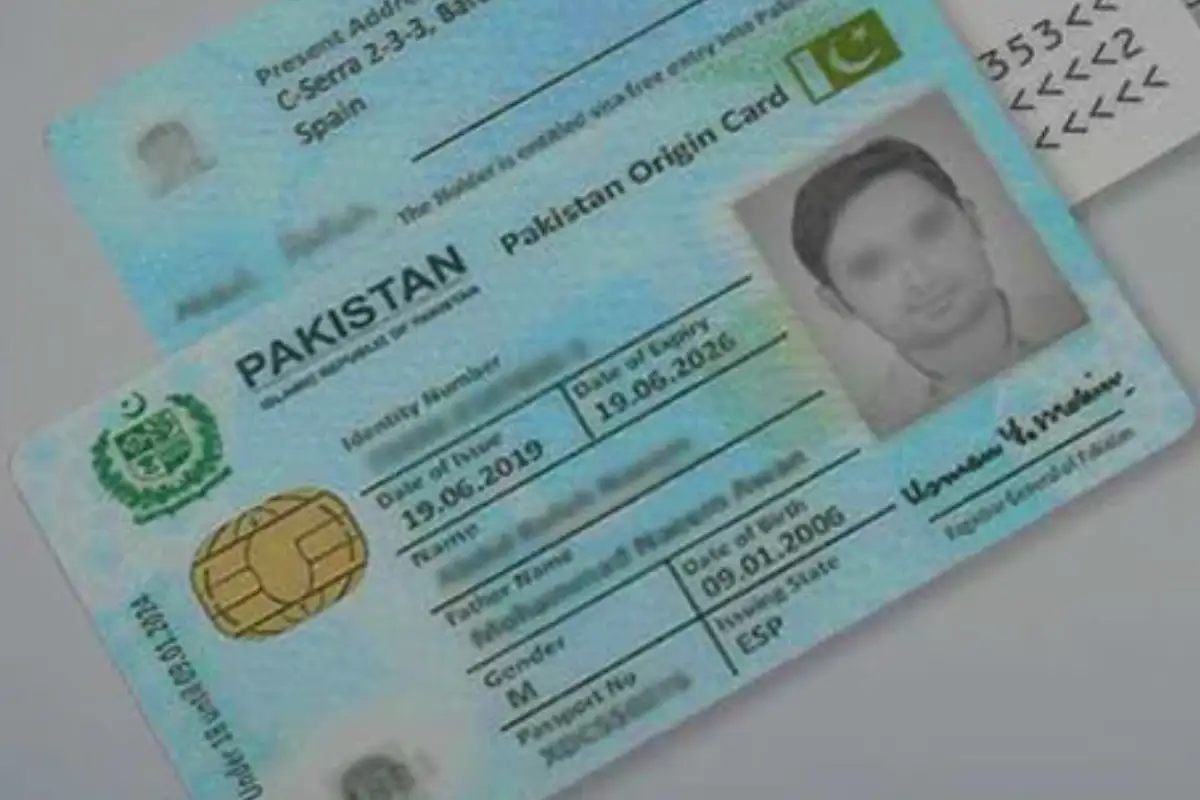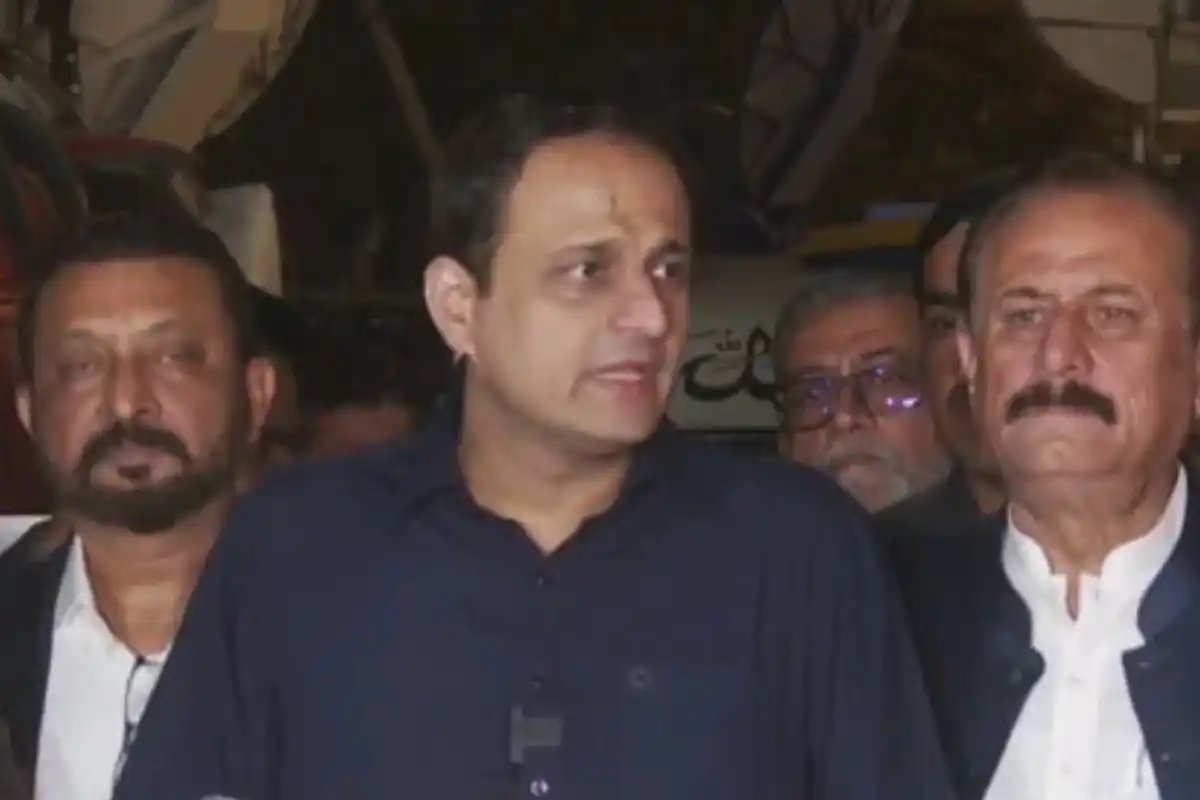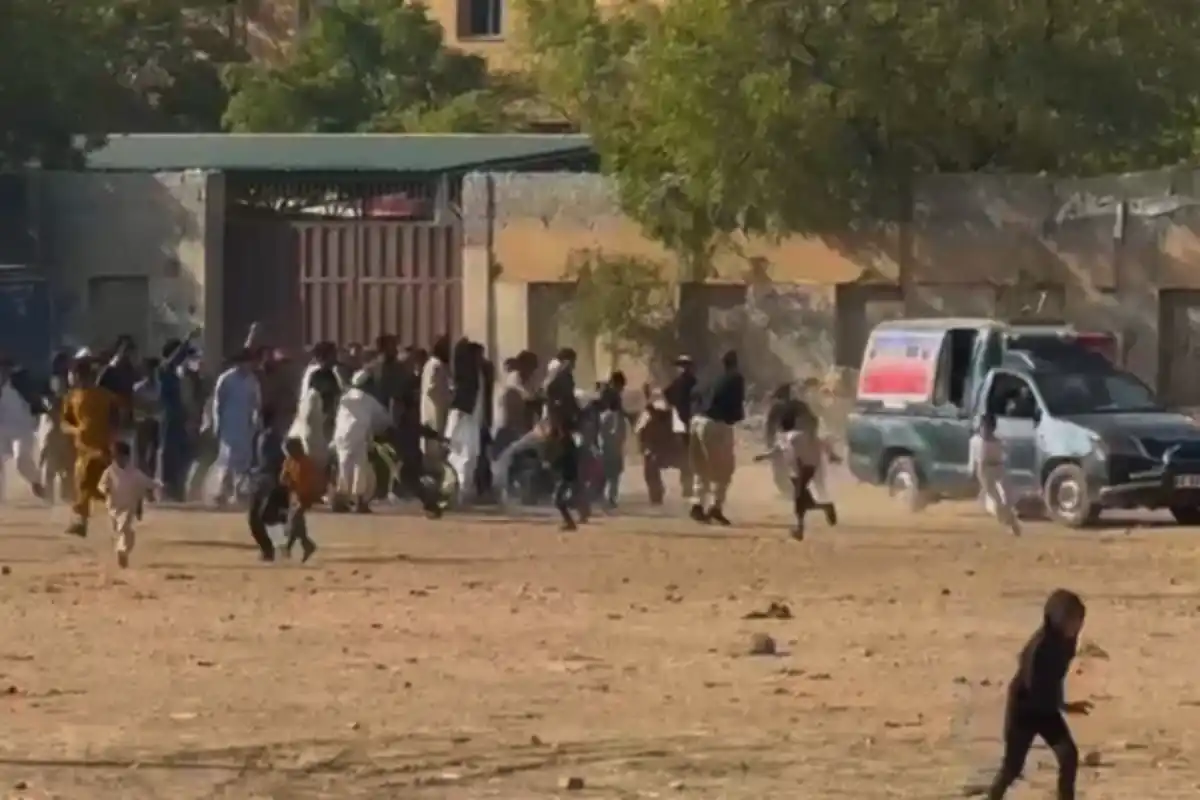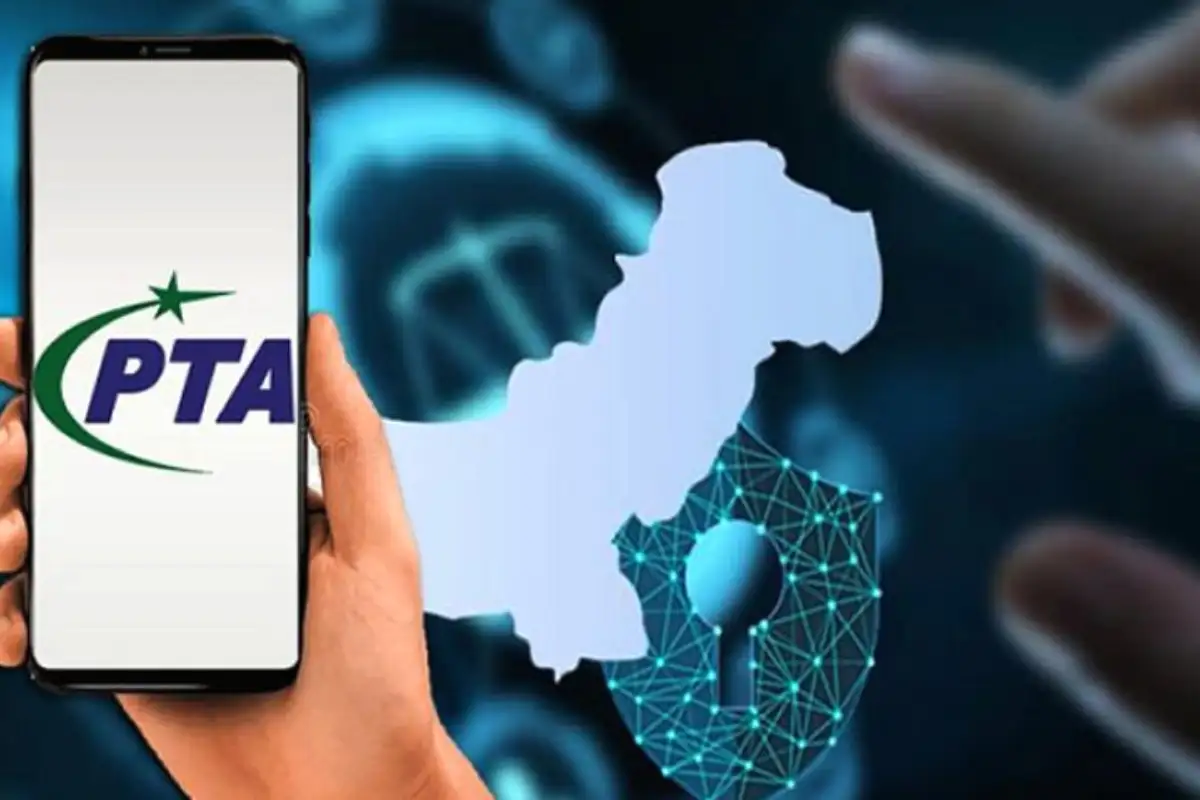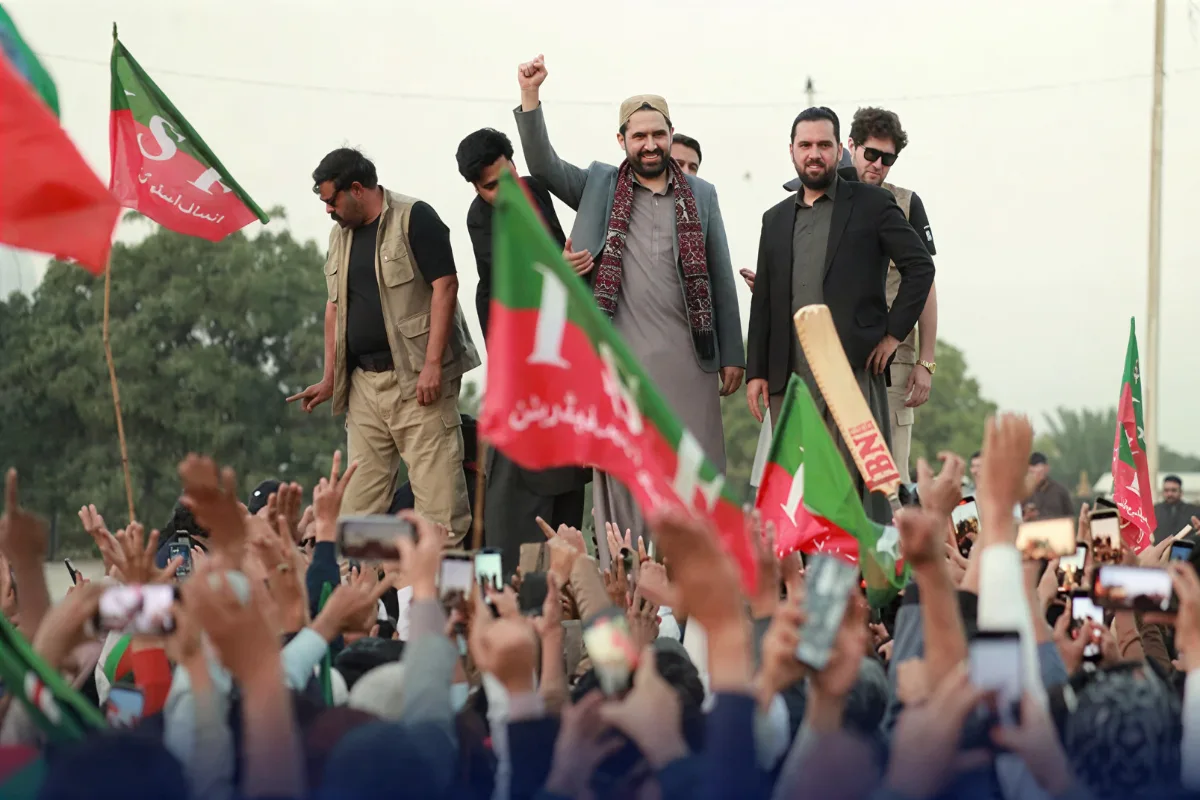Pakistan-Iran Relations Soar as Both Nation Set $8 Billion Trade Target
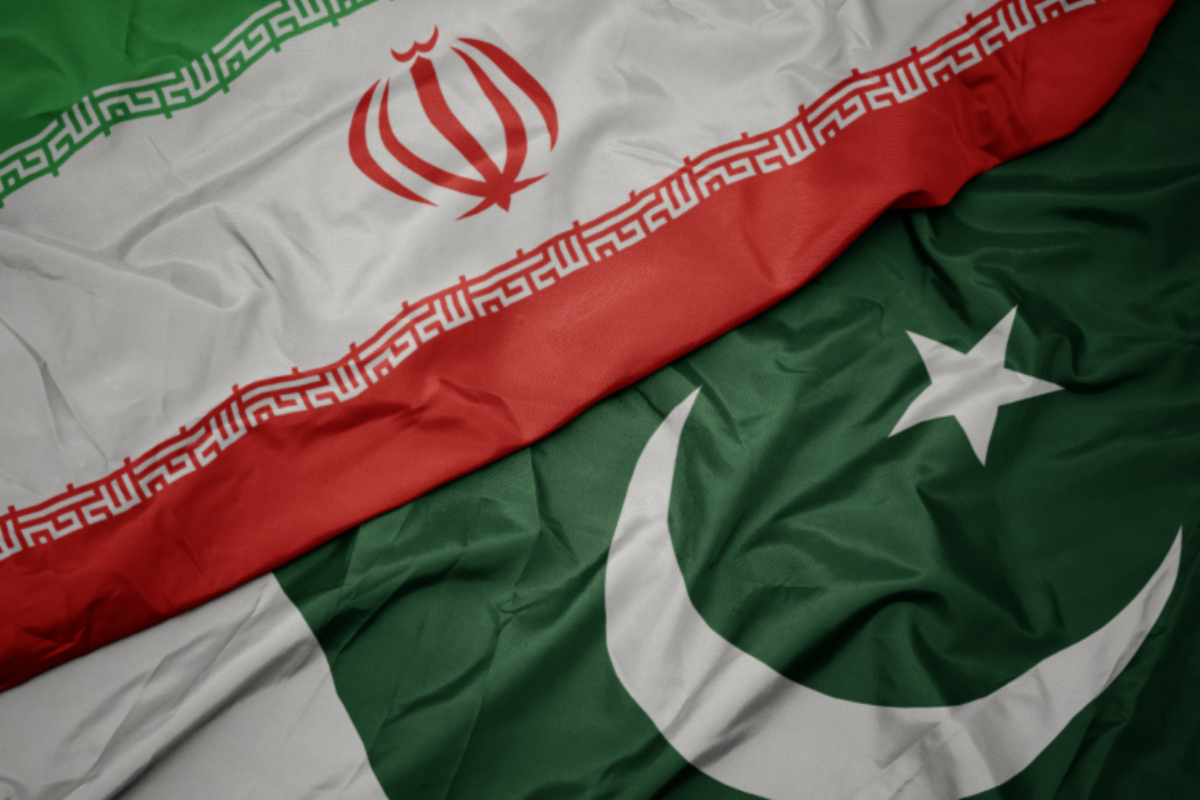
Pakistan-Iran Relations Soar as Both Nation Set $8 Billion Trade Target
Pakistan and Iran have agreed to enhance bilateral trade and aim for an annual trade volume of $8 billion, marking what both sides consider a new phase of “strategic economic partnership,” according to a statement issued by Pakistan’s Ministry of Commerce.
The decision was made during a high-level meeting between Pakistan’s Federal Minister for Commerce, Jam Kamal, and Iran’s Minister of Industry, Mining, and Trade, Mohammad Atabak. The meeting was held during the two-day official visit of Iranian President Masoud Pezeshkian to Pakistan.
Targeted Measures and Trade Facilitation
The meeting highlighted the mutual resolve to accelerate trade, eliminate border obstacles, and develop trust-based cooperation in key sectors.
Federal Minister Jam Kamal outlined that if both countries capitalize on available opportunities, the annual trade volume could easily surpass the $5–8 billion range in the coming years. He proposed forming targeted trade delegations, including representatives from both federal and provincial chambers of commerce, to focus on improving market access and regulatory facilitation.
He pointed to the successful implementation of this approach in countries like Belarus and suggested initiating cooperation in sectors offering the highest mutual benefit.
Both ministers agreed to utilize existing trade corridors and border facilities more effectively. Kamal emphasized the strategic advantage of geographical proximity, stating that, like ASEAN countries, Pakistan and Iran should use their location to reduce time and cost in trade.
Expanding Regional Economic Integration
Mohammad Atabak acknowledged the progress in talks aimed at increasing Pakistani exports to Iran. He emphasized the readiness of business communities on both sides and stressed the need for a clear and consistent facilitation mechanism from their respective governments.
Kamal added that bilateral cooperation could expand beyond Pakistan and Iran to include Turkey, Central Asia, Russia, and parts of the Middle East—potentially forming a strong and sustainable economic bloc.
Atabak expressed support for organizing regular B2B (business-to-business) meetings during official visits and proposed sending Iranian business delegations to Pakistan. Both sides also underlined the importance of private sector involvement.
The two ministers recognized the historical ties between Pakistan and Iran and acknowledged that recent regional and global developments have brought the two nations closer.
Atabak praised the Pakistani government’s active role and commitment in advancing bilateral cooperation, stating that recent progress would not have been possible without the timely efforts of Pakistan’s leadership. He stressed the importance of translating this momentum into concrete trade outcomes.
Kamal affirmed the willingness of both governments and private sectors to work closely and emphasized the urgency of immediate action, noting that delays tend to complicate matters.
He stressed that strong political will must now be followed by effective regulatory frameworks. Pakistan, he said, is ready to deepen its economic engagement with Iran through structured platforms such as the Joint Economic Commission (JEC), B2B exchanges, and sector-specific delegations.
Focus on Key Sectors and Cultural Linkages
The ministers identified key areas for future cooperation, including agriculture, livestock, services, energy, and cross-border logistics.
They also acknowledged the cultural and linguistic affinities shared by the people of both countries and emphasized the human dimension of bilateral relations.
It was agreed that the next session of the Pakistan-Iran Joint Economic Commission would be held without delay, with participation from both public and private stakeholders, and that border facilitation and trade logistics would be treated as top priorities.
The statement concluded that with high-level political alignment and mutual trust, both nations are now positioned to enter a transformative phase of economic partnership, potentially reshaping regional trade.
Read More: Ishaq Dar Meets Iranian President, Reaffirms Commitment to Strengthening Ties
Catch all the Pakistan News, Breaking News Event and Trending News Updates on GTV News
Join Our Whatsapp Channel GTV Whatsapp Official Channel to get the Daily News Update & Follow us on Google News.




